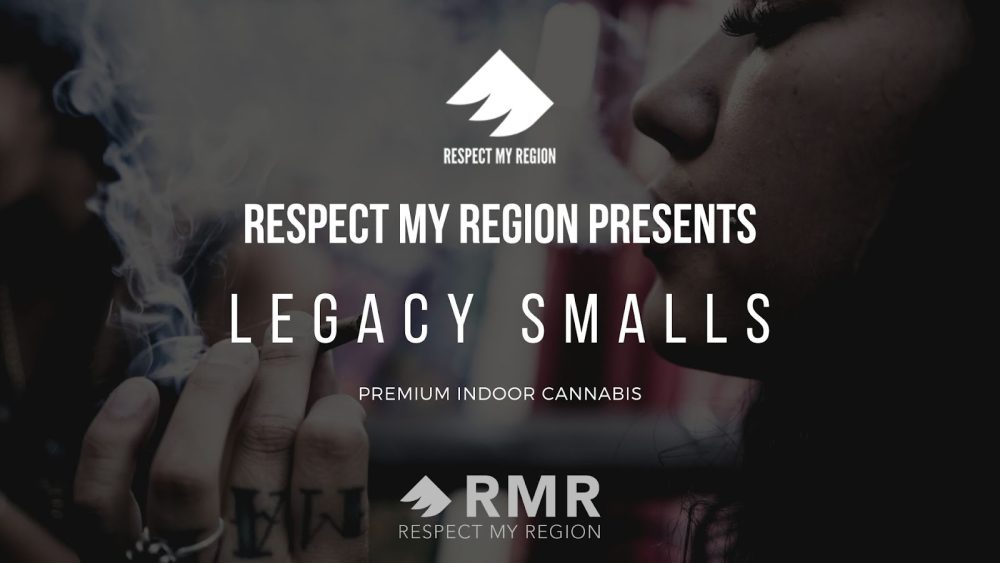Signing a record deal is a significant milestone for any music artist. It can open doors to broader audiences, increased exposure, and potentially lucrative opportunities. However, it is essential to approach record deals with caution and careful consideration. Signing the wrong contract can lead to loss of creative control, financial hardships, and even hinder an artist’s career. Every artist should explore the critical details before signing record deals, empowering them to make informed decisions that benefit their artistic vision and long-term success.
1. Understanding the Record Label’s Reputation
Before jumping into any contractual agreement, it is crucial to research the record label’s reputation thoroughly. Look for information about their track record in handling artists, their financial stability, and their overall reputation within the music industry. Check for reviews, testimonials, and experiences shared by other artists who have worked with the label. A reputable label can provide invaluable support, while a less scrupulous one may exploit artists and stifle their creativity.
2. Knowing Your Worth as an Artist
Understanding your value as an artist is essential when entering into negotiations with a record label. Analyze your fan base, streaming numbers, concert attendance, and overall market presence. This information will give you a strong negotiating position and help you secure a more favorable deal. Don’t be afraid to advocate for yourself and push for terms that align with your career goals.
3. Examining the Contract Terms
Contracts can be complex and intimidating, but they are the backbone of any record deal. Take the time to read and understand every aspect of the contract. If needed, consult a legal professional experienced in the music industry to explain the terms in plain language. Pay particular attention to the following points:
a. Exclusive vs. Non-exclusive Deals
Understand the difference between an exclusive and a non-exclusive deal. An exclusive contract means you can only release music through that label, while a non-exclusive contract allows you to work with multiple labels or release music independently.
b. Term Length
Be clear about the contract’s duration. How long will you be tied to the label? Longer terms may offer better support, but they also limit your freedom to explore other opportunities.
c. Creative Control
Preserving creative control is vital for artists. Ensure the contract outlines your right to have a say in the creative process, from song selection to album art.
d. Royalties and Revenue Sharing
Understand how you will be compensated for your work. Study the royalty rates, revenue sharing percentages, and other income streams the label will control when it comes to your record deal.
e. Distribution and Ownership
Clarify who owns the rights to your music and how it will be distributed. Retaining ownership and having transparency in distribution are critical for your long-term success.
f. Advances and Recoupment
Be cautious with advances. While they can provide financial support, they are typically recouped from your future earnings. Ensure you can meet the terms without significant financial strain.
g. Termination Clauses
Understand the conditions that would allow you or the label to terminate the contract. It is crucial to have a clear exit strategy if the partnership doesn’t work out as expected.
4. Seeking Legal Advice
Consulting with an entertainment attorney before signing any contract is essential. A legal professional experienced in the music industry can help you navigate the complexities of the agreement, identify potential pitfalls, and negotiate more favorable terms for your record deal. This investment can save you from potential legal troubles and financial losses in the long run.
5. Negotiating with Confidence
Once you have thoroughly reviewed the contract and sought legal advice, it’s time to negotiate with the record label. Be assertive and confident during negotiations, but also be open to compromise. Remember, it’s a mutually beneficial partnership, and both parties should feel satisfied with the final agreement.
6. Considering Independent Options
In today’s digital age, independent music careers are becoming increasingly viable. With the rise of streaming platforms and social media, many artists find success without traditional record deals. Explore the possibilities of going independent or using distribution deals that allow you to maintain creative control while leveraging the label’s resources.
7. Seeking Advice from Experienced Artists
Reach out to other artists who have experience with record deals. Learn from their successes and mistakes, and ask for their insights on navigating the music industry. Valuable advice from those who have been through similar situations can provide a fresh perspective on your own decisions.
8. Evaluating the A&R Team
The Artist and Repertoire (A&R) team plays a vital role in shaping an artist’s career. They are responsible for discovering talent, guiding artistic development, and promoting your music. Evaluate the A&R team’s track record and their enthusiasm for your music before signing with a label. A supportive and passionate A&R team can make a significant difference in your career trajectory.
9. Understanding Marketing and Promotion Strategies
Discuss the label’s marketing and promotion strategies for your music. Understand how they plan to promote your work and reach a broader audience. An effective marketing campaign can significantly impact the success of your releases.
10. Considering International Deals
If you aspire to have an international presence, explore record label options with a global reach. An international deal can expand your audience, increase opportunities for touring, and help you break into new markets.
Signing a record deal is a momentous step in any music artist’s career. However, it should not be taken lightly. Understanding the intricacies of the record deal contract, knowing your worth, seeking legal advice, and exploring all options are vital before making this significant commitment. Remember, your artistic vision and long-term success should be at the forefront of every decision you make. With careful consideration and the right team by your side, you can make informed choices that lead to a successful and fulfilling music career.
RAPPER WEED: WHICH RAPPERS HAVE CANNABIS PRODUCTS IN THE MARKET?
10 UNDERRATED FEMALE RAPPERS YOU SHOULD LISTEN TO RIGHT NOW
9 RAPPERS FROM DETROIT YOU NEED TO KNOW THIS YEAR








